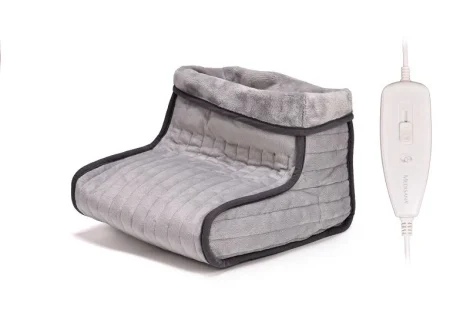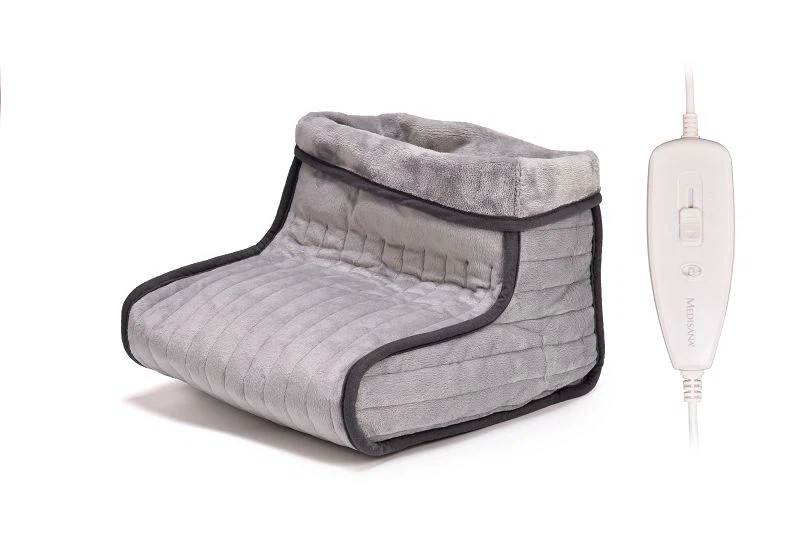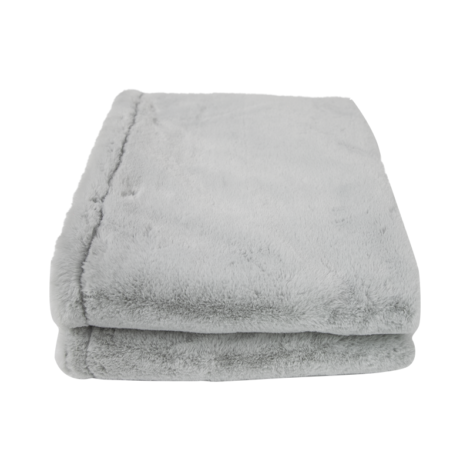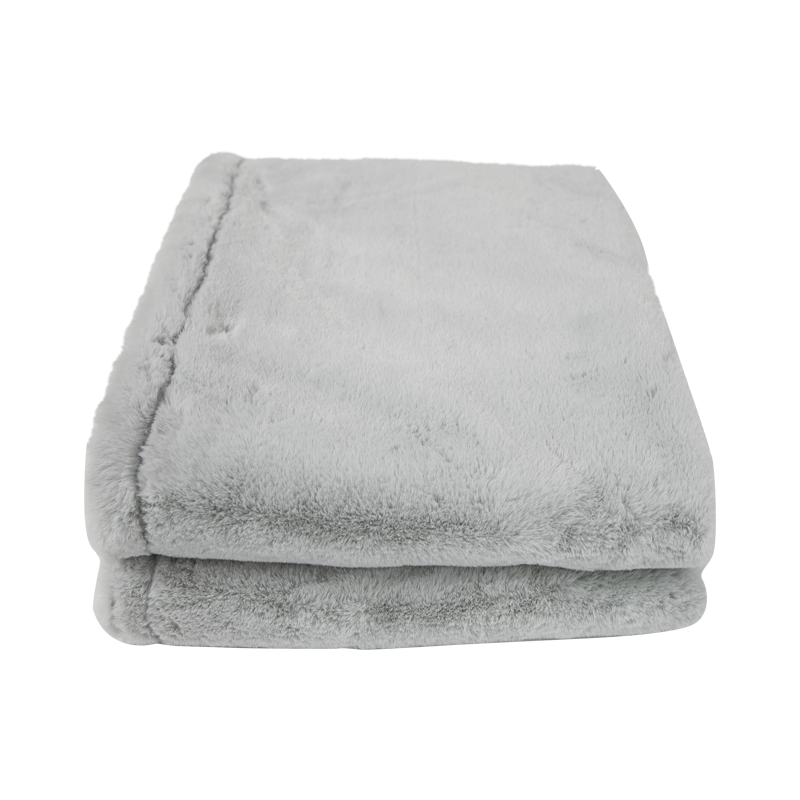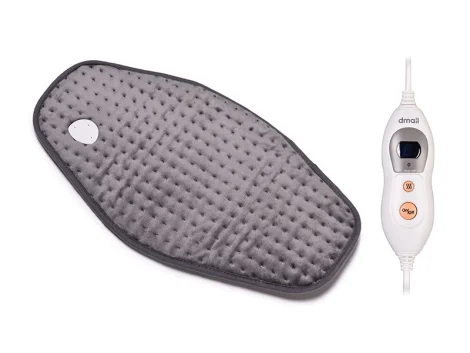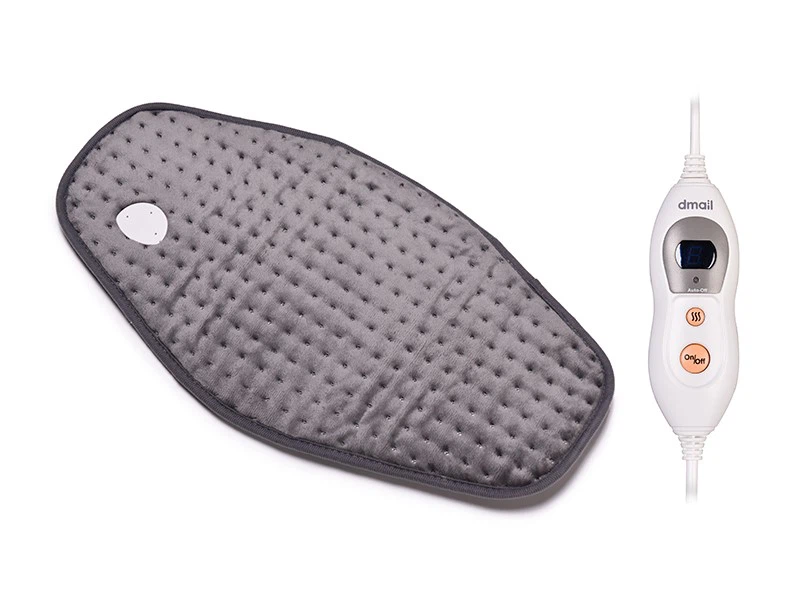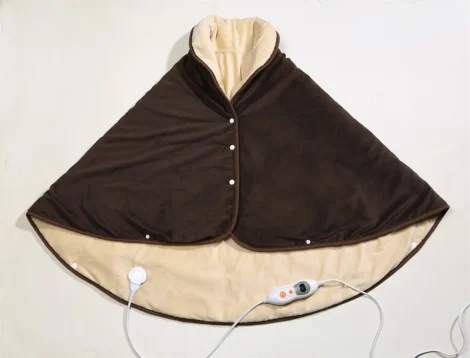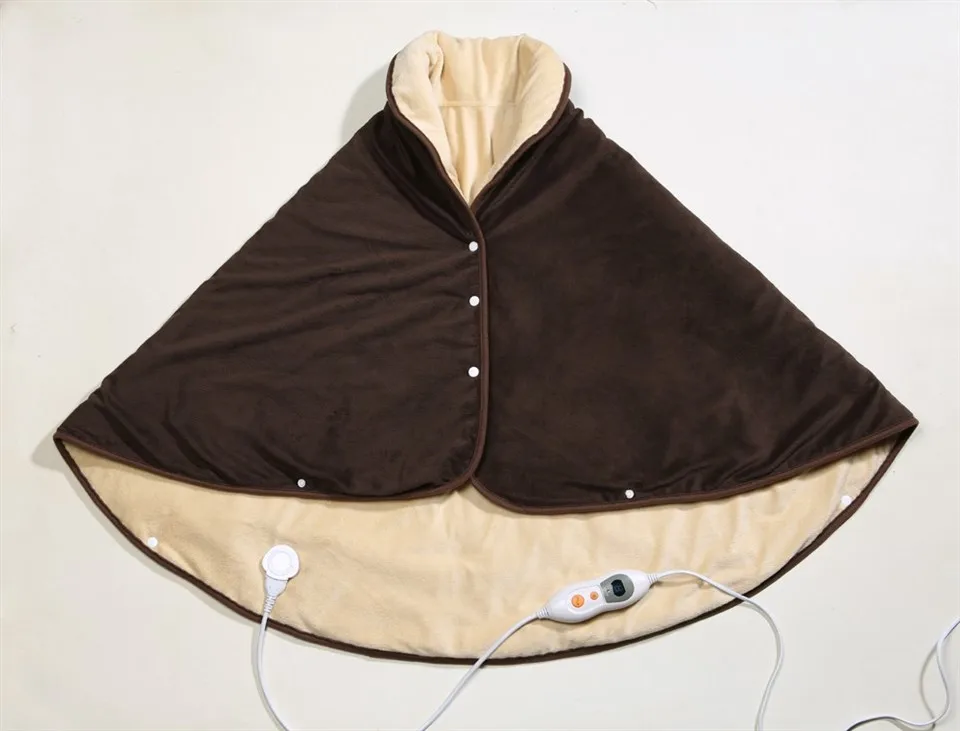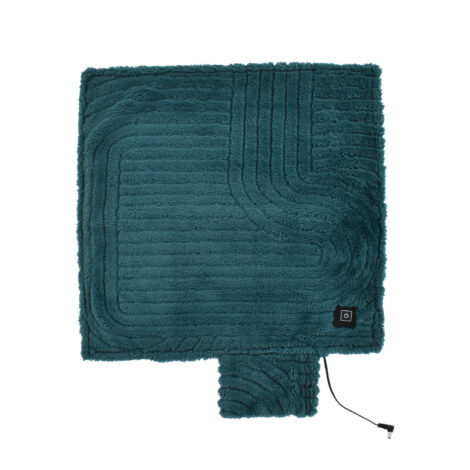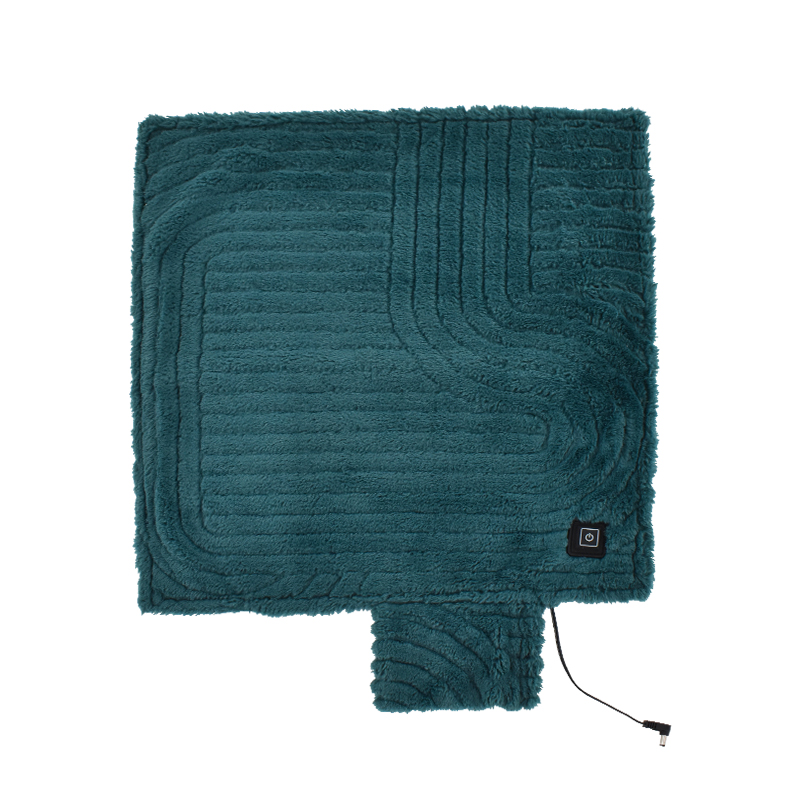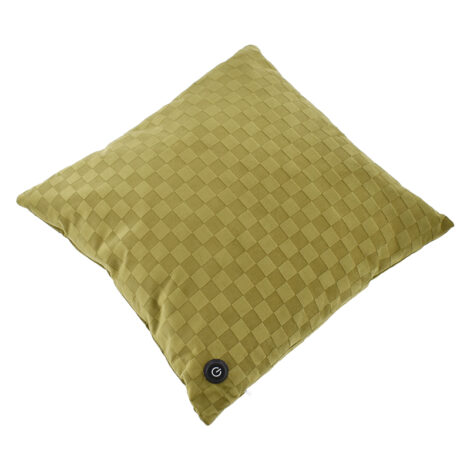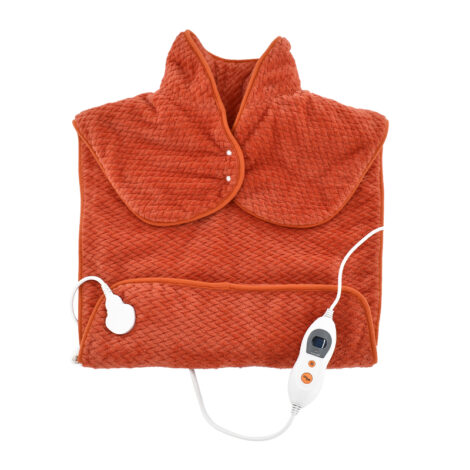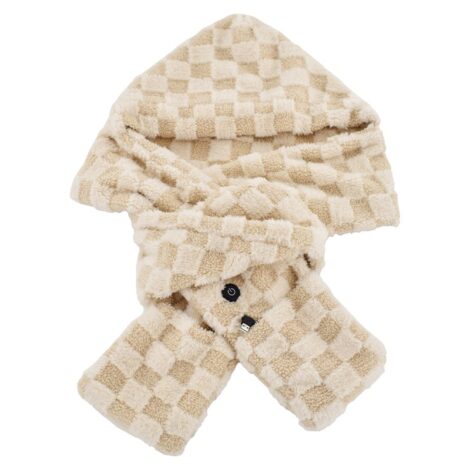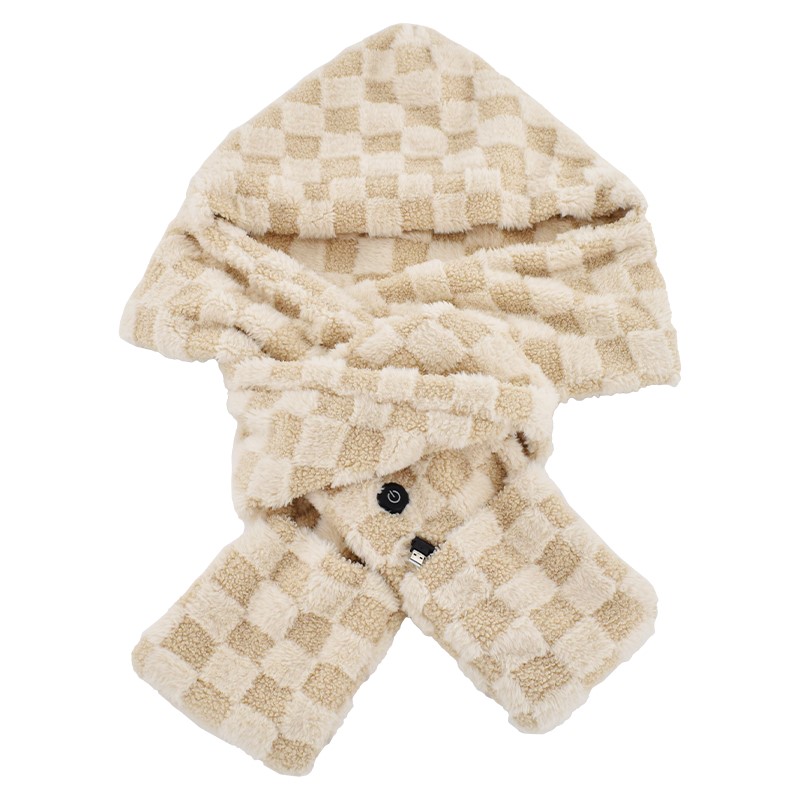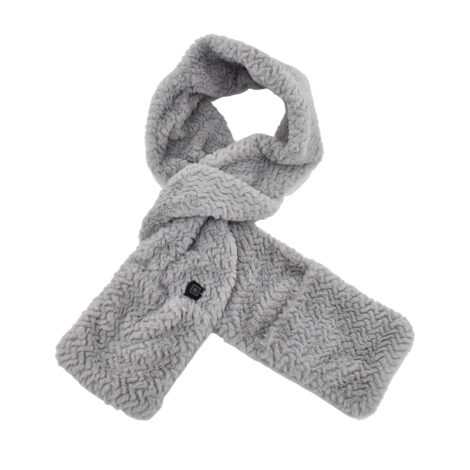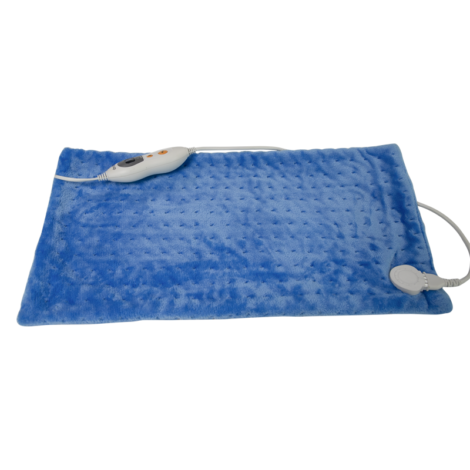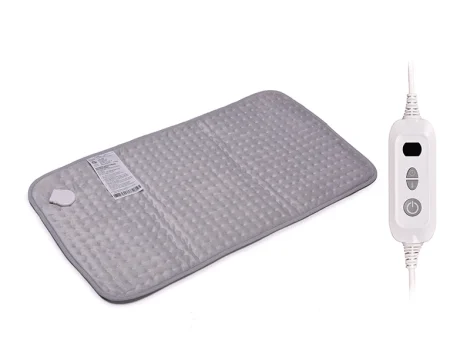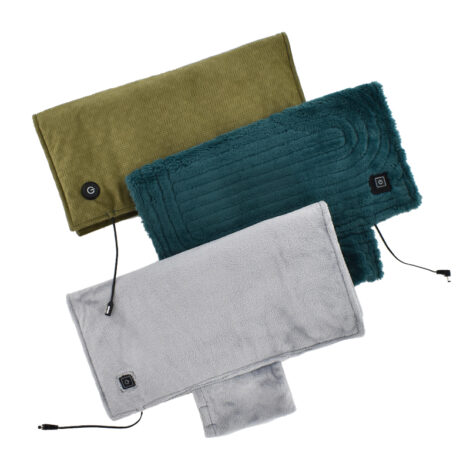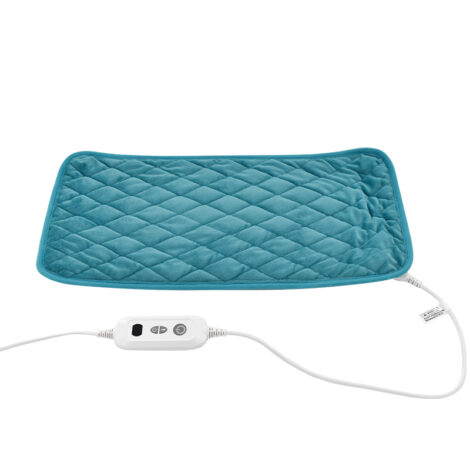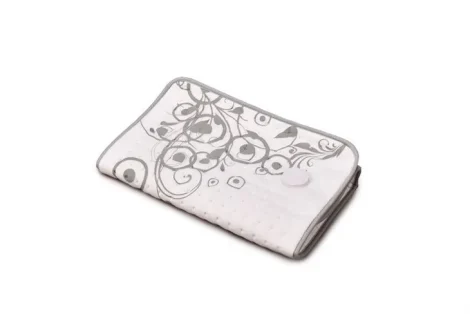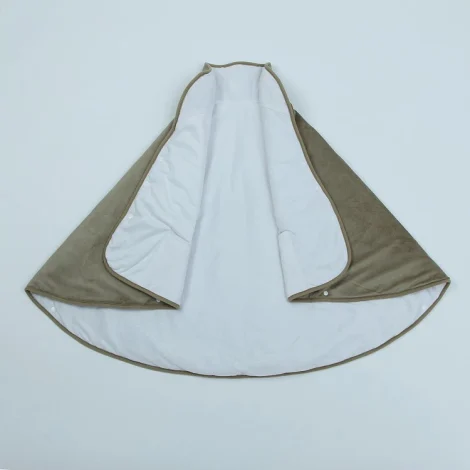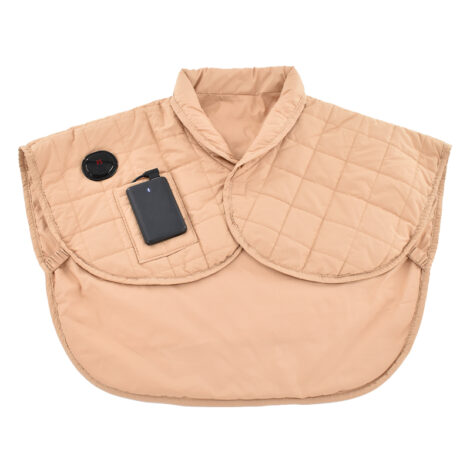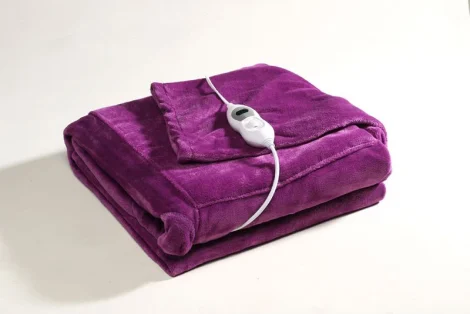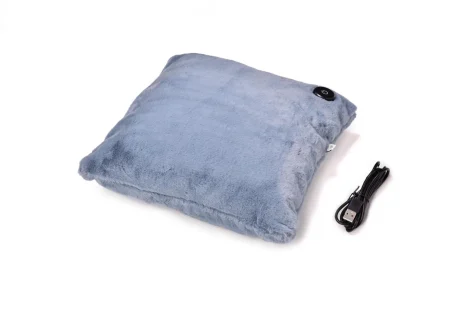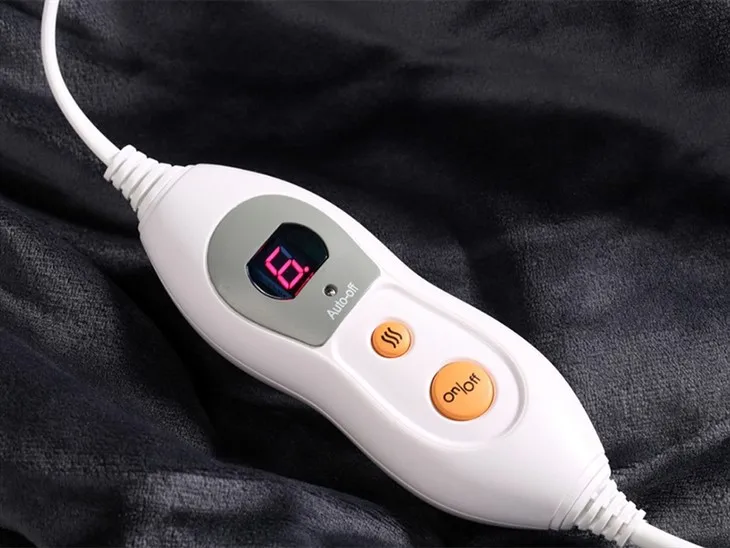Products
FAQ
Frequently Asked Questions
Q: Are heating blankets good for you?
A: Heated blankets can provide warmth and comfort during cold and wintry months. However, heated blankets pose a high risk of burn injuries and fires when the recommended precautions are not followed. Electric blankets pose a risk of miscarriage in pregnant women.
Q: Can I leave my heated blanket on all night?
A: Electric blankets should never be left unattended when turned on. But, can you leave an electric blanket on all night? We don’t recommend sleeping with an electric blanket on all night, and a thermostatic control or timer should be used if you choose to leave your electric blanket on.
Q: Can I lay on top of a heated blanket?
A: An electric blanket goes on top of you and the bedding unless you want to use it under the duvet, comforter, or top blanket. Don’t lie on top of an electric blanket, or you risk damaging the wires.
Q: Can I put a blanket over my heated blanket?
A: ✓ Don’t put blankets on top of an electric blanket, and don’t use an electric blanket and a heating pad at the same time. Heat can become trapped in the bedding layers and cause burns. ✓ Turn off and unplug an electric blanket when it isn’t being used.
Q: Can I sit on a heated blanket?
A: A rheostat controls heat by gauging both the blanket temperature and the user’s body temperature. Don’t place anything on the blanket. This includes yourself unless the electric blanket is designed to be laid on. Sitting on the electric blanket may damage the electric coils.
Q: Do electric blankets encourage bed bugs?
A: No. The temperature of an electric heating blanket is not hot enough to effectively kill bed bugs. If anything, it can sometimes encourage bed bugs since it’s warm and a good breeding ground.
Q: Do heated blankets help with anxiety?
A: If you often struggle with your mental health, it could be worth trying a weighted or heated blanket as home therapy. The effects these blankets have, through pressure therapy or warmth, can help to relieve symptoms of stress and anxiety.
Q: Do heated blankets help with back pain?
A: When it comes to muscle pain, joint pain, and back pain, heated blankets can bring sweet relief.
Q: Do heated blankets need to be plugged into the wall?
A: Cordless electric blankets, ideal for those who prefer mobility, are easily portable and don’t require a wall outlet. Some cordless variants are even waterproof, allowing outdoor use. On the other hand, wall-plugged electric heating blankets are perfect for individuals who want temperature control.
Q: Do heated blankets turn off automatically?
A: Yes. Our electric blankets have an auto shut-off function; they will automatically turn off after two to 10 hours. Heated blankets offer longer periods of heat and can be used overnight. We recommend unplugging them when not in use.
Q: Do heated blankets use a lot of electricity?
A: Electric blankets usually have between 100 and 150 watts of power. If you make reasonable use of an electric blanket, it really does not consume very much. If you use an electric blanket with 150 watts of power a total of 6 hours every night for 4 months a year, the consumption will be 108 kWh per year.
Q: How long does a heating blanket last?
A: Electric blankets should be replaced every 10 years and tested every 2 years by a qualified electrician. Always check your blanket for scorch marks, water damage, mold, or exposed wires. If you see any of these on your blanket, do not use it; replace it.
Q: How safe are heated blankets?
A: In most cases, when used appropriately and according to manufacturer guidelines, electric blankets do not pose any significant health or safety risks. If used improperly, however, electric blankets can be unsafe and even dangerous. These risks can also increase if you have children or animals in the house.
Q: Is a heater or a heated blanket better?
A: In general, using an electric blanket is considered more energy-efficient than leaving the heating on at night because it only heats the bed and not the entire room. This means that you can use less energy and save money on your power bills.
Q: Is a heated blanket good for arthritis?
A: Research has shown that heat treatments can loosen stiff joints and relieve achy muscles. When you warm up a sore joint or tired muscle, your blood vessels get bigger. This allows more blood, oxygen, and nutrients to be delivered to the injured tissues.
Q: Is it OK to sit on a heated blanket?
A: A rheostat controls heat by gauging both the blanket temperature and the user’s body temperature. Don’t place anything on the blanket. This includes yourself unless the electric blanket is designed to be laid on. Sitting on the electric blanket may damage the electric coils.
Q: Is it OK to sleep with a heated blanket on?
A: One of the most common questions about electric blankets is whether it’s safe to leave them on overnight. While a modern, well-maintained electric blanket is unlikely to cause problems with proper use, it is not recommended to keep electric blankets on all night.
Q: Should the label on an electric blanket go up or down?
A: Spread the Blanket: Lay the electric blanket flat on the mattress, ensuring it’s fully spread out without any folds or wrinkles. Position Correctly: Make sure the label side of the blanket is facing up, and align it so that the cords are towards the pillow end of the bed.
Q: What does a heated blanket do?
A: The wires or coils in the blanket heat up and warm the fabric, which then radiates heat to your body. The temperature of the blanket is typically adjustable, so you can choose the setting that’s most comfortable for you.
Q: Will a heated blanket warm a room?
A: The insulation of an electric blanket is not meant to warm the air around it but to prevent the heat from escaping away from the user’s body. Thus, very little of the heat generated by the blanket escapes into the room.
Why choose us
Want to be the first to know?
Do not hesitate to send us information anytime you need advice, we will respond as soon as possible.

